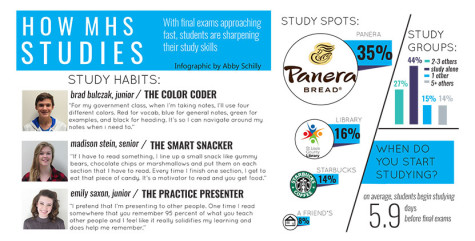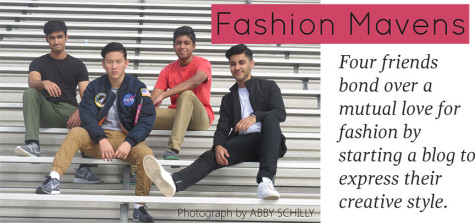Unlocking iPhone sets precedent
On Dec. 2, 2015, a married couple opened fire on a room full of holiday partygoers in San Bernardino, Ca., killing 14 and injuring 22.
Months later, this tragedy has resurfaced as Apple is thrust into a court battle with the F.B.I over access to the shooter’s iPhone. The government has demanded Apple provide a software that allows the F.B.I to break into the locked iPhone without encrypting and losing all its data.
F.B.I supporters argue this software would be used simply to protect Americans and answer the many questions authorities still have about the shooting.
But this case has far-reaching repercussions that threaten the privacy rights of every American citizen, and could even have international effects.
Once the government has obtained Apple’s software, no iPhone is safe from potential spying and breaches of privacy. There is no telling how many more cases will call for the use of this software to access locked data, but ultimately the most dangerous consequence of Apple obliging the F.B.I is the unsettling precedent it sets for future privacy cases.
With this case as a precedent, it will be nearly impossible to deny any future legal requests to unlock phones, many of which don’t even contain any data that would be a pressing matter of national security. In order to set such a groundbreaking precedent as this, the potential consequences must match the dangers of not accessing data, and simply, the repercussions of not unlocking the iPhone are far from equal with the hundreds of legal cases that will be built solely on this precedent.
There is no telling how this software could be abused by our federal government or, perhaps most dangerous of all, other countries. This precedent could lead to foreign governments demanding Apple to provide the same software. Case after case would be built solely on Apple’s compliance with the F.B.I in this case.
By forcing Apple to provide this software, the federal government is basically coercing a third party into involving itself in surveillance. The line between privacy and security has always been a hotly contended issue, but never before have we been faced with such a potentially influential case as this. Considering that part of the F.B.I’s argument for this case is built on an antiquated law from 1789, it is not unrealistic to believe the decisions made today will still be impacting law for hundreds of years.
It is not up for debate that the actions of the San Bernardino shooters were deplorable, or the possibility that by accessing the phone’s data the F.B.I might gain knowledge of possible conspirators, future plans or group affiliations.
But we must weigh these potential benefits of security with the nearly certain precedent of privacy-encroachment which could reach every corner of America and impact MHS students with privacy restricitions. Teens today view technology as an entire plane of existence, and it is our right to protect our freedom of expression and transmission of ideas above the sake of unproven security threats. Learn your privacy rights and advocate for those who will protect them.
Yes, the fear of future privacy restrictions and international repercussions may be a worst case scenario, but it is also a scenario that we have the power to prevent today.
Your donation will support the student journalists of Marquette High School. Your contribution will allow us to purchase equipment and cover our annual website hosting costs. You may become a PATRON by making a donation at one of these levels: White/$30, Green/$50, Blue/$100. Patron names will be published in the print newsmagazine, on the website and once per quarter on our social media accounts.

Abby Schilly, senior, is the copy editor for the Marquette Messenger. This is her second year as a reporter, and she loves it so far. She has been on...






